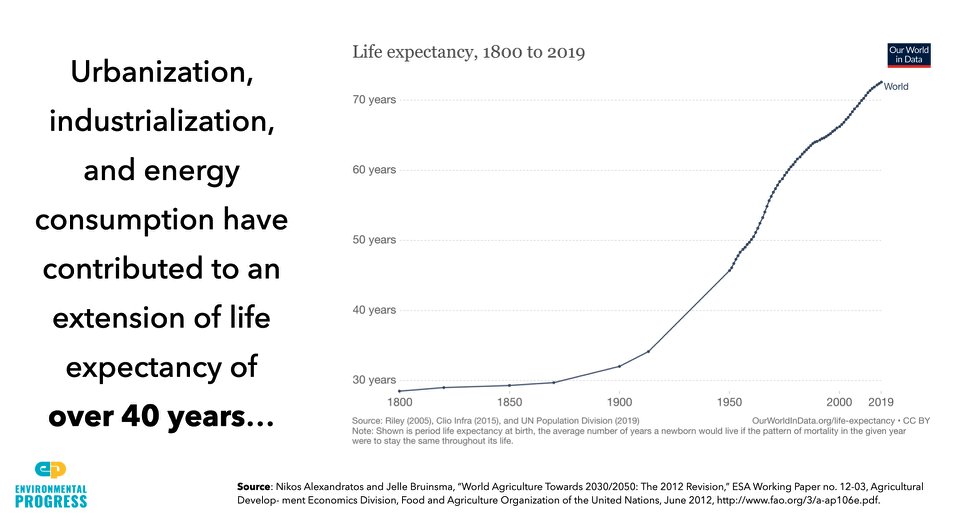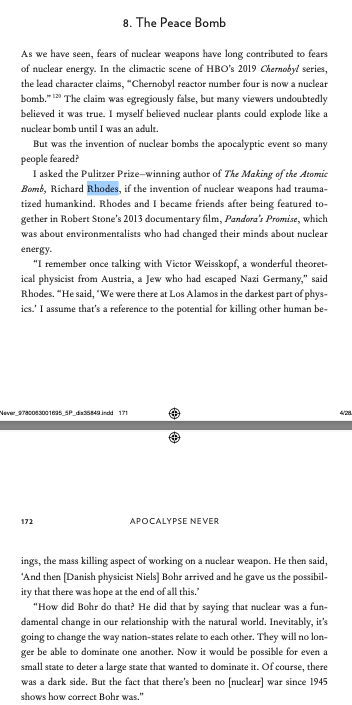
Many people in San Francisco say they support the plan by Mayor @LondonBreed to crack down on drug dealing & open drug use, but she is facing fierce resistance from progressive politicians and bureaucrats, and not getting the support she needs to succeed.
michaelshellenberger.substack.com/p/progressives…
michaelshellenberger.substack.com/p/progressives…
San Francisco Mayor London Breed made national news last month after announcing a crackdown on drug crimes and an end to the “bullish**t” in the streets, including open drug use and open air drug dealing.
michaelshellenberger.substack.com/p/victory-san-…
michaelshellenberger.substack.com/p/victory-san-…
But now her plan is being threatened by the progressive D.A., progressives on the Board of Supervisors, and progressives within the city’s homeless and public health agencies, including the San Francisco Department of Homelessness (HSH) & the SF Department of Public Health (DPH).
“The [San Francisco County] Department of Public Health [DPH] is too powerful because they’re the only ones with the infrastructure,” said one of two insiders close to the situation.
The mayor’s stated intention to crack down on open drug dealing and drug use “is all being pushed to the side and the city’s going with DPH, Glide, the San Francisco AIDS Foundation, and that means the [Harm Reduction Coalition’s] DOPE project.”
Glide, AIDS Foundation, and HRC are powerful nonprofit service providers that strongly oppose mandating drug rehab even for addicts who repeatedly break laws in order to service their addiction, and insist that solving overdoses requires ending racism.
“We can’t end overdoses until we end poverty,” said Kristen Marshall of the DOPE project, “until we end racism, and until we end homelessness.”
sfchronicle.com/politics/artic…
sfchronicle.com/politics/artic…
In 2020, San Francisco paid for two billboards promoting the supposedly safe use of fentanyl, which had been created by the Harm Reduction Coalition’s DOPE project. 

“People use [fentanyl] safely," she said. "This narrative that gets it labeled as an insane poison where you touch it and die—that’s not how drugs work. It’s not cyanide. It’s not uranium. It’s just a synthetic opioid, but one that’s on an unregulated market.”
Said the harm reduction services director from Glide Memorial Church, “People have used [fentanyl] for years and not come to harm. We can’t be shaming, stigmatizing, sensationalizing. We just have to educate people that overdoses are reversible.”
Glide is one of San Francisco’s largest homeless service providers and had $4.8 million in active contracts with the city in 2020.
Over 700 people died from illicit drugs in San Francisco in 2020, a rate four times higher than the national average.
Over 700 people died from illicit drugs in San Francisco in 2020, a rate four times higher than the national average.
A few days after announcing the crackdown, Breed said, “When someone is openly using drugs on the street we're going to give them the option of going to the services and treatment we're providing. But if they refuse, we're not going to allow them to continue using on the street."
The announcement came as a source of relief to Jacqui Berlinn, co-founder of Mothers Against Drug Deaths, whose son is addicted to fentanyl and homeless. “Please please please please 🙏” she said. San Francisco’s government is preventing her son from getting the help he needs.
“There should be people in the field getting people treatment immediately,” agreed an insider. “But the gatekeeper is [addiction care service provider] HealthRight360. But they won’t do intakes on the street and insist you stand in the office and wait around the old way.”
When I asked recovering fentanyl addict Tom Wolf, who was homeless in the Tenderloin, and recently served on the city’s drug dealing task force, how many of San Francisco’s street addicts he thought would accept drug treatment, he said, without hesitation, “Two percent.”
Wolf and others note that there are open slots available in the various drug treatment programs but that addicts aren’t using them because they aren’t being required to, as he was.
“Resistance is both ideological and bureaucratic but it’s rooted in ideology,” one of the insiders said. “It’s about clients [addicts] having agency and not forcing people into treatment. But that’s also an excuse to not try very hard to get people into treatment.”
During the December 23-24 Board of Supervisors meeting, progressive supervisors Hillary Ronen and Dean Preston demanded that the city’s police chief and director of emergency management, Mary Ellen Carrol, promise not to arrest drug addicts.
Progressive academics insist the police have no important role to play. Said @alexhkral a researcher who advocates supervised drug use rooms, “there have never been any papers showing increased law enforcement works. Law enforcement actually hurts.”
But that claim is contradicted by European cities including Amsterdam and Lisbon, which used police to crack down on open drug scenes and which arrest people who use hard drugs like heroin publicly.
bmcpublichealth.biomedcentral.com/articles/10.11…
bmcpublichealth.biomedcentral.com/articles/10.11…
Over the last decade, supervised drug use rooms grew significantly in Canada alongside rising drug overdose deaths. While overdoses were reversed in the rooms, overdoses were reduced outside of the rooms, making it impossible to tell whether they had much or any effect.
Mayor Breed has sent mixed signals about the police. In her announcement, Breed said she was seeking additional funding. She said she would be increasing policing in the Tenderloin, no matter the vote of the Board.
At a 10-hour long Board of Supervisors meeting the Police Chief said “We’re not going to walk away or tolerate people doing this on the street. Fentanyl is dangerous. We are not trying to make this arrest-led situation. But if the police are there we expect them to address it."
But the chief also reminded the Board that the police department is 400 officers short of the minimum it needs for public safety, and said that the Mayor would not seek additional funding for the police.
And District Attorney Chesa Boudin, whose support for Breed’s plan is needed to prosecute drug dealers, announced his opposition to the Mayor’s plan at a press conference at HealthRite360, a move that underscored the taxpayer-funded organization’s independence from the mayor.
“The only reason HealthRite360 exists is because DPH saved their ass,” said an insider. “And yet they had the audacity to spend public money to host that press conference. That’s like if you’re a supplier for Facebook and then you protest Facebook.”
On Monday, former Mayor Willie Brown said Breed’s success depended on more support. “The city unfortunately is not run by the mayor,” said Brown, who was mayor from 1996-04. We are plagued with the politics of districts that have no interest in anything except their little turf”
The criticism [by progressive homelessness advocates] was heavy, political and personal,” wrote Brown in his 2008 memoir. “People accused me of abandoning the problem when I was working daily to get a solution. It was brutal. I had become demonized & my own efforts belittled.” 

While Breed’s announcement generated significant support on Twitter, no major business, civic, or other organization has come out in support of her agenda. Over a dozen SF civic & business leaders expressed fear of speaking out publicly fearing the wrath of organized progressives
The most powerful of them is the San Francisco Coalition on Homelessness, headed by @JenniferFriedenbach who controls much of the city’s spending on homelessness. Coalition staff and allied activists defend the right of drug addicts to camp, defecate, & use drugs in public spaces
After a resident tweeted a photo of a dead homeless man, Berlinn asked if it was her son; it wasn’t. “This poor soul is not my son,” she said. “I am thankful for this but my heart breaks to know someone died this way and the reality is that my son could go this way as well.”
Several experts told me that while Boudin is undermining the mayor’s plans, there is still a lot she can do with the right mix of police and rehab. But it won’t be easy.
“Even the San Francisco Fire Department is woke,” said one of the insiders. “The paramedics think more like docs than cops and that’s unfortunate because that means nobody’s going to get the help they need.”
When asked why Emergency Services coordinator Mary Ellen Carroll couldn’t play the role of “whip” for Mayor Breed, one of the insiders said, “Convenor,” adding, “It’s a hard job to herd all those cats. The public needs to step up and add pressure or the mayor won’t succeed”
/END
/END
• • •
Missing some Tweet in this thread? You can try to
force a refresh



















